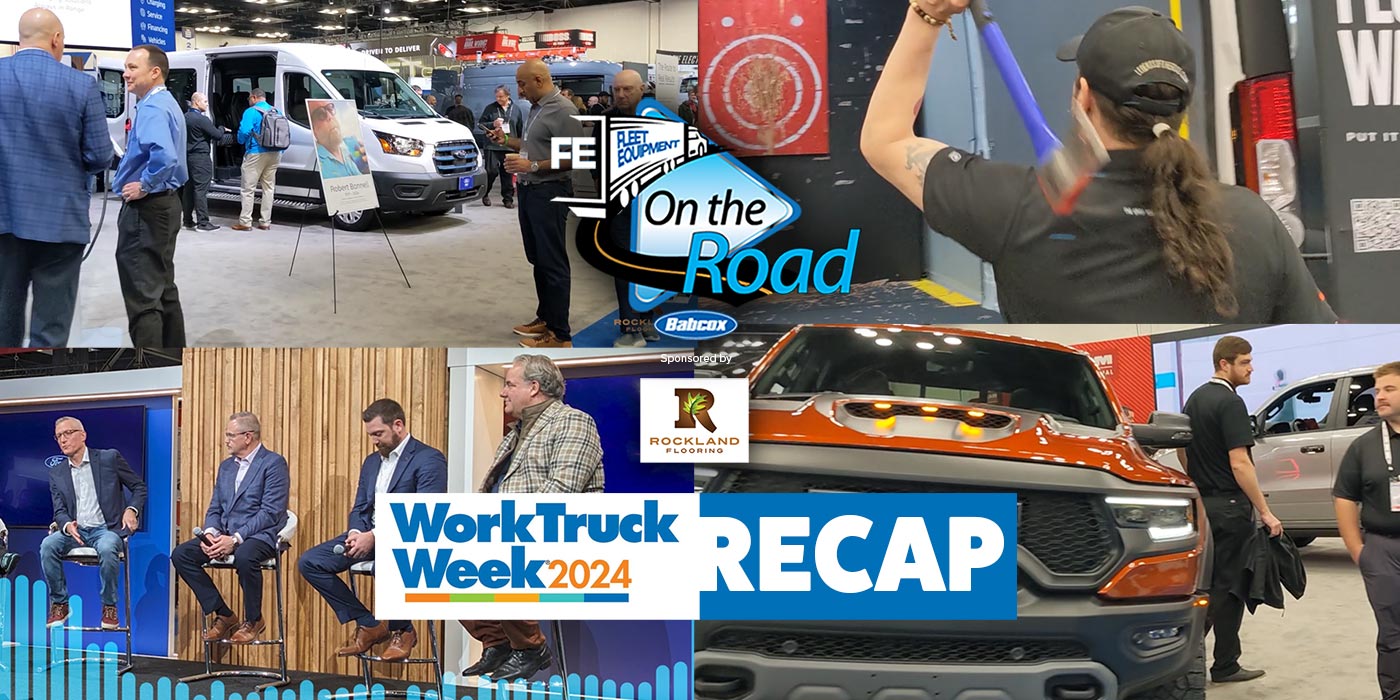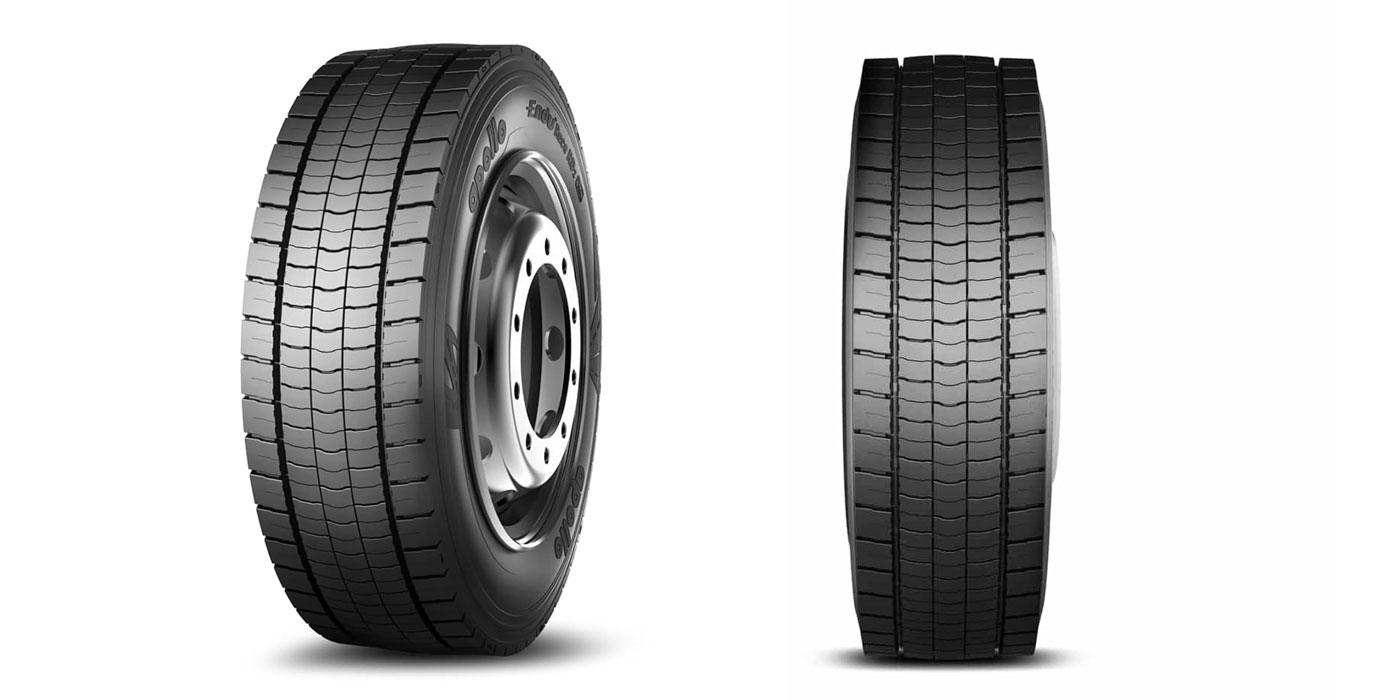Let’s say the engine is the heart of the truck, and the telematics system is its brain. If so, the tires are the legs, enabling it to complete its runs day in and day out. And if you’ve ever tried to run with shin splints or foot pain, or drive on a tire that’s rapidly losing air, you’ll know what I mean by this analogy.
Like any good runner, you can’t expect to make good time on your runs, or complete them incident-free, without a good care and maintenance program in place. Putting together a strong truck tire service program is a marathon, not a sprint. Runners have expensive shoes, detailed training programs and rest when the time is right, and truck tires have their own processes they should go through to ensure optimum performance.
Proper tire inflation is extremely important—the biggest issue in the commercial tire industry, according to many manufacturers. With that in mind, steps should be taken to prevent over- and under-inflation—whether that’s consistently manually checking pressure or investing in a TPMS or ATIS solution, which either monitor tire pressure or automatically fill your tires with air when low, respectively.
However, just because your vehicle is equipped with one of those devices does not mean tire pressure is maintenance-free. You still need to check cold pressure regularly to ensure that the tire is at the appropriate pressure and the tire inflation system is functioning properly.
Keep in mind, too, that not every tire is meant to be inflated to the same PSI—there are often different requirements for tires in different positions. Tire makers recommend using the manufacturer load and inflation tables to determine the proper pressure settings based on the load you’re carrying.
Choosing the right tire for the right position and application is extremely important as well – this is where you will see a return on investment in your tires, which can often be one of the highest expenses for a fleet. Again, your tire manufacturer of choice can help with this process.
Monitoring the tires for other issues, such as irregular wear, is very important as well. Training must be a constant part of the service routine — and should be done consistently, especially considering the high technician turnover in the industry. You should also involve drivers in this process—their walkaround checks of the truck are vital in spotting issues such as irregular wear, and they should be communicating this information to the fleet.
Fleet Equipment’s On The Road is sponsored by Rockland Flooring. Subscribe to our newsletter to catch every episode as we dive into the best practices and servicing information to keep your trucks On The Road.













